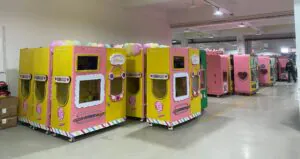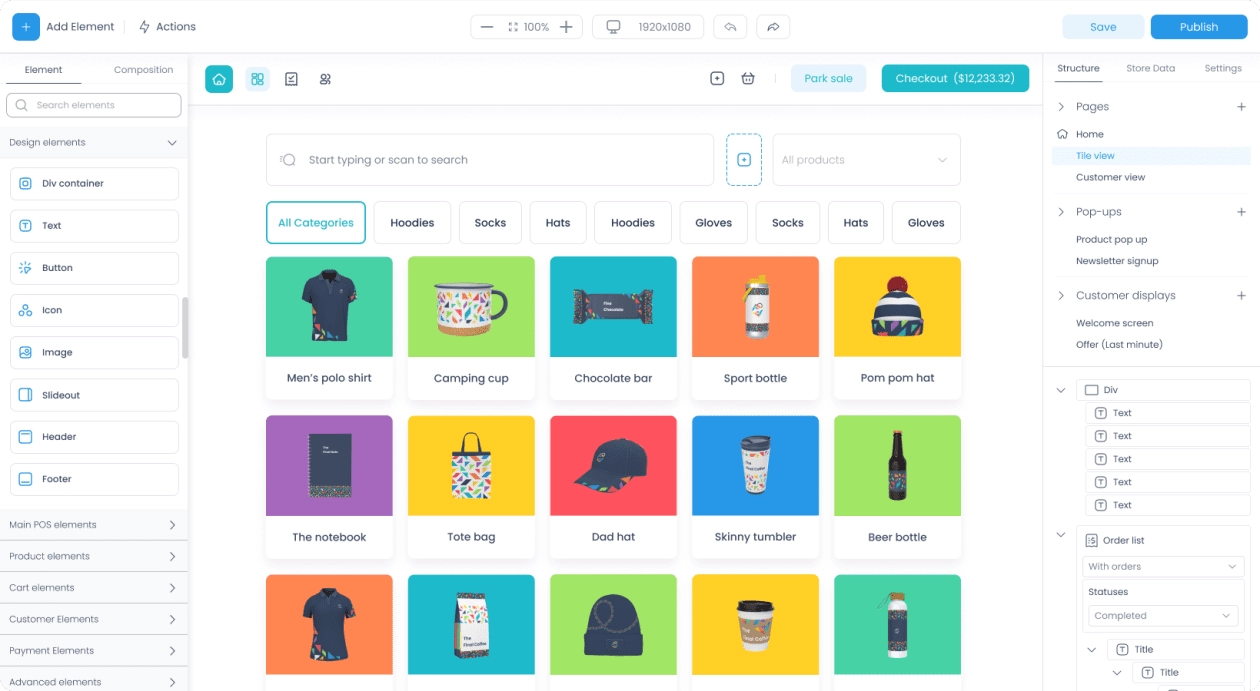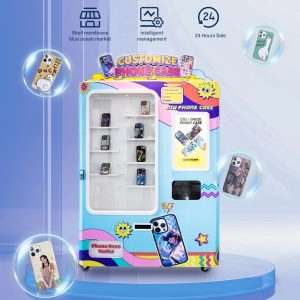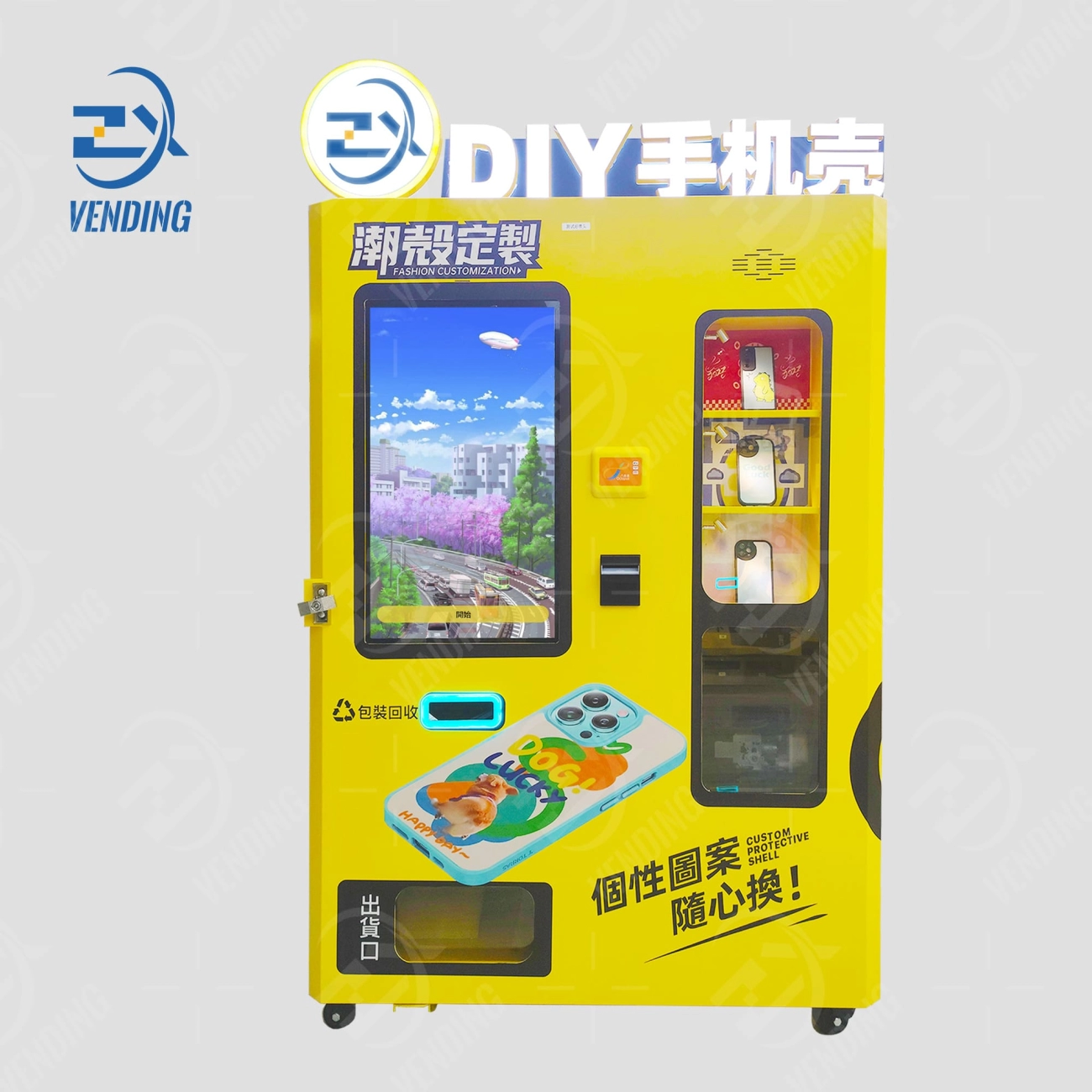Is a self-service vending machine for phone cases profitable?
After analyzing the search results, we found that self-service vending machines for phone cases have good profit potential, but specific operational strategies and scenarios need to be considered:
💰 1. Core profit advantages
Low cost, high profit margin
The production cost of phone cases is extremely low (the unit price for basic models in bulk is 3-8 yuan), while the retail price can reach 20-100 yuan, with a comprehensive gross profit margin generally above 60%-80%.
The vending machine model eliminates labor and rent costs. A single machine can cover costs with daily sales of 40 units, and profit margins expand with scale.
Light Asset Operations
Initial investment in self-service vending machines is manageable (single-machine cost approximately 5,000-8,000 yuan), supporting small-batch testing (minimum order of 50 units), with low inventory risk.
Short payback period: Vending machines in prime locations (such as factories and schools) can recoup costs in 1-3 months, with subsequent profits being pure profit.
High demand and frequency
Phone cases are high-frequency consumer goods, with users purchasing an average of 2-3 per year. Younger demographics are more willing to pay a premium for personalized designs.
Instant customization services (such as “scan and upload a photo, pick up in 1 hour”) can significantly increase average order value and repeat purchase rates.
🤔 Vending machine investment return time
Avatar
Rachel’s Good Stuff Sharing
I copied a Shenzhen boss and made 500,000 yuan in 2 months: Those who can replicate are always picking up money
Avatar
Zero Degree Sharp Insights
📍 2. Key Success Factors
Location selection determines success or failure
Golden Scenarios: Closed/semi-closed spaces such as factory workshops, school buildings, hospital outpatient halls, and office building lobbies, where foot traffic is stable and consumer demand is concentrated.
Avoid Pitfalls: Avoid low-traffic commercial districts or open areas without a target audience.
Product Strategy Differentiation
Basic Models for Volume: Affordable options priced between 9.9 and 29.9 yuan to meet mass market demand and drive quick traffic.
High-profit models for increased revenue:
Upgraded materials (liquid silicone, leather) priced at 65–100 yuan, with a gross margin exceeding 80%
IP collaborations/original designs offer greater premium potential (e.g., bestsellers priced above 300 yuan)
Dynamic operational optimization
Data-driven product selection: Update SKUs weekly to align with current trends (e.g., Instagram-style, cute designs)
Promotional Combinations: Utilize established strategies like “buy two, get one free” to increase average order value
3. Risks and Recommendations
Style Iteration Risk: Phone case trends have a short lifecycle (approximately 3 months), requiring the establishment of an agile supply chain (e.g., partnering with established brands to access over 200 new styles weekly)
Machine Maintenance Costs: Select stable vending machine brands to ensure remote monitoring and timely after-sales service
Testing and Validation: Initially, use mobile stalls to test market feedback (earning 200-300 yuan per day) before investing in equipment
Conclusion: Under optimal locations + differentiated product selection + dynamic operations, smartphone case vending machines are a profitable low-threshold project. However, blind replication should be avoided. The core lies in capturing the closed-loop of “low-cost trial and error – data feedback – rapid iteration.”
Translated with DeepL.com (free version)





